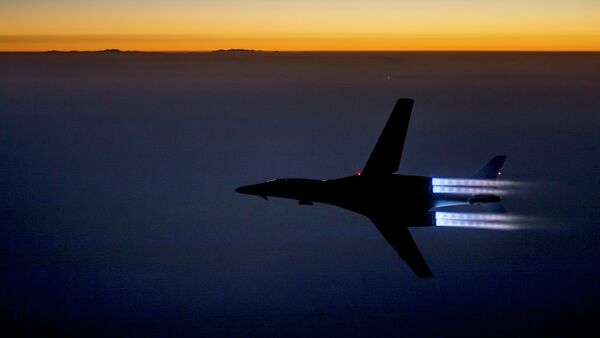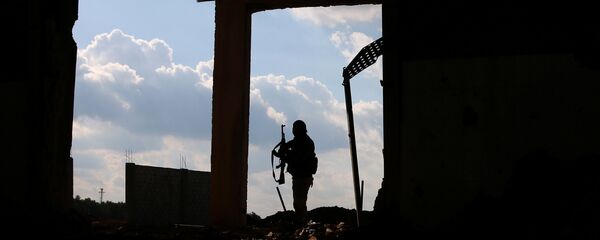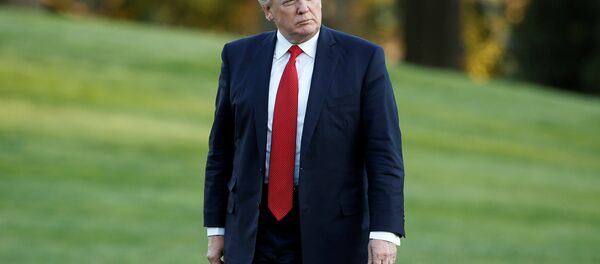Echoing criticism leveled against Trump’s predecessor from the right, Obama admitted that his policy on Syria ended up being "an imperfect solution," according to a transcript of a conversation between the 44th president and Jack Schlossberg, grandson of 35th president John F. Kennedy.
Dispatching ground forces to Syria was "the hardest issue that I dealt with," Obama confided. Knowing that young 20-somethings would be in a hostile environment was "tough," he said.
Obama was a critic of the US’ war in Iraq from its inception. During his tenure in the US Senate, he stated that while he wasn’t a pacifist, he did oppose "dumb" wars.
"I don’t oppose war in all circumstances and when I look out over this crowd today, I know that there is no shortage of patriots or patriotism,” then-State Senator Barack Obama said at an anti-war assembly in Chicago in 2002. "What I do oppose is a dumb war."
Obama formally halted combat operations in Iraq on August 31, 2010, and was clearly wary – and maybe weary – about the prospect of the US entering into another open-ended armed conflict.
"The reason it was hard was because, as president, what you discover is that you generally get praised for taking military action, and you’re often criticized for not doing do," Obama explained to Schlossberg.
"Ninety-nine percent of huge chemical weapons stockpiles were removed without us having to fire a shot," Obama said of his legacy. But, in a moment of self-awareness, Obama confessed that his Syria policy, criticized for being weak and inconsistent, "wasn’t a slam dunk."
Washington accused Syrian President Bashar al-Assad of using sarin gas in an attack earlier this year. Despite the Organization for the Prohibition of Chemical Weapons (OPCW) declaring in January 2016 that all chemical weapons in Syria had been destroyed, Trump used the incident as a pretext to fire 59 Tomahawk missiles at the Syrian Army’s Sha’irat Air Base in Homs, Syria. Following the strike, White House officials blasted Obama’s “weak” leadership in Syria.




